Who is to blame for the shocking pogrom in the Dagestani city of Makhachkala, where a mob of hundreds stormed the local airport in search of Jews on a flight from Tel Aviv? Vladimir Putin has offered a predictable answer: the West.
In a meeting with Russia’s security council and law enforcement agencies, president Putin said the actions of the anti-Semitic mob in Dagestan were ‘inspired through social media, including originating from Ukraine, created at the hands of agents of Western intelligence services’.
Putin is trying to present his invasion as an existential fight against encroaching Western influence
Putin then went further, suggesting that the US could also be blamed for war in Ukraineand the Israeli-Palestinian conflict:
Behind the tragedy of the Palestinians, and behind the massacre in the Middle East as a whole, behind the conflict in Ukraine, and behind many other conflicts in the world – in Afghanistan, Iraq, Syria and so on – are the ruling elites of the United States and their satellites.
His speech thick with the language of conspiracy bordering on the fantastical, Putin warmed to his theme. The US was ‘the root of this evil’, a ‘spider, trying to entangle the entire planet, the whole world in its web’. Putin emphasised several times that it is them that Russia is fighting on the battlefield in Ukraine, and it is there that ‘the fate of Russia and the whole world is being decided, including the future of the Palestinian people’.
On the face of it, blaming the West, and America in particular, for any number of incidents has fast become a staple of Putin’s playbook. However, in this case it does also serve a practical purpose. The Kremlin, despite hobnobbing with terrorist organisations such as Hamas (as recently as last week) and the Taliban, is not immune to the fear of terrorism spreading within its own borders.
Unrest in any of Russia’s Muslim-majority regions, such as Dagestan, is a worry for Putin. In 2017, St Petersburg’s metro was bombed by a radicalised 22-year-old from Kyrgyzstan. Russia is on alert for a repeat. But blaming the anti-Semitism displayed during Sunday’s pogrom on the West is politically easier for the Kremlin than acknowledging that any fresh trouble might be brewing in these generally poor, culturally subjugated regions.
Putin’s speech is the first time we have heard Russia’s leader explicitly link the conflict in Israel with his own war in Ukraine. While it may sound clumsy – not to mention hugely disingenuous – to Westerners, he will be hoping that his rhetoric will sound more plausible to his target audience: Russians, but also the Arab world more broadly.
Putin has, since the beginning of the conflict in Israel nearly a month ago, been flirting with lending support to both sides. Weighing up who to back has been a tactical, cynical and opportunistic decision on the Russian president’s part. While he has been careful not to, so far, alienate Israel too much – particularly as repayment for Netanyahu’s refusal to condemn the invasion of Ukraine last year – Hamas’s attack and the Palestinian cause are an opportunity too good for Putin to pass up.
Alienated by the West for his invasion of Ukraine, Putin has instead been turning his attention to boosting Russia’s standing in the global south. He spent much of the summer charming African nations, as well as India and Brazil; two weeks ago, he was in China as president Xi’s guest of honour at his Belt and Road Initiative to further woo those countries attending.
Indulging Hamas and promoting himself as a peace broker between the organisation and Israel is just the latest chapter of Putin’s quest to reestablish himself on the global stage. That the conflict has been painted in some quarters as a Palestinian fight against Israeli colonialism is, for Putin, a happy coincidence.
Israel’s strong Western and American backing has provided him with the perfect chance to paint Russia as the bulwark against ‘American neocolonialism’. In lumping the complicated situation in Israel together with the rather more simple, tyrannical war he has waged against Kyiv, Putin is trying to present his invasion as an existential fight against encroaching Western influence.
In his campaign to win over new allies in the global south, Putin is attempting to walk a tightrope between presenting Russia as both a victim of the West and a strong force capable of standing up to its perceived threat. But he can’t do both for long.
Got something to add? Join the discussion and comment below.
Get 10 issues for just $10
Subscribe to The Spectator Australia today for the next 10 magazine issues, plus full online access, for just $10.

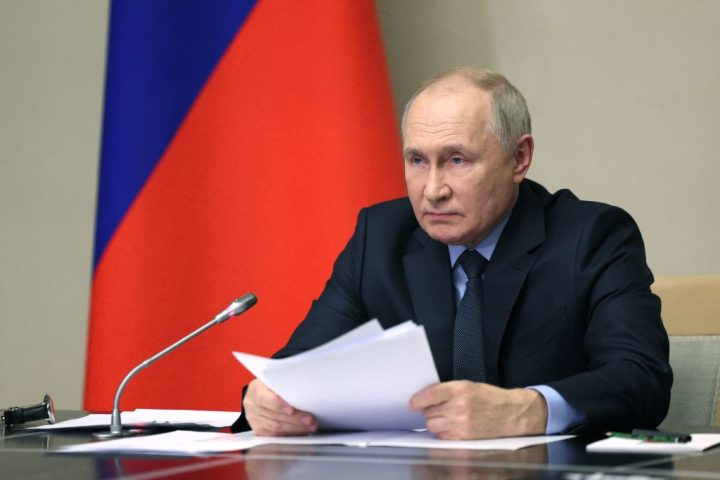
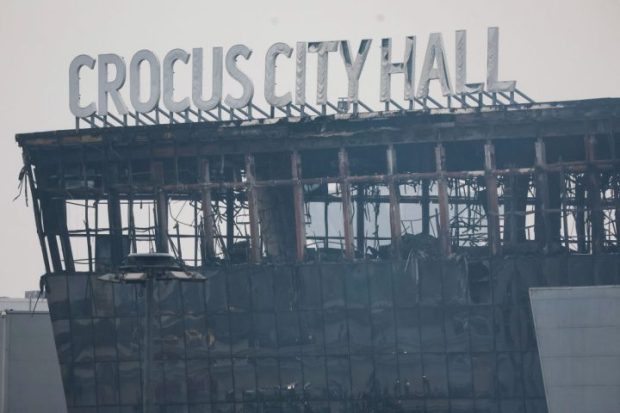
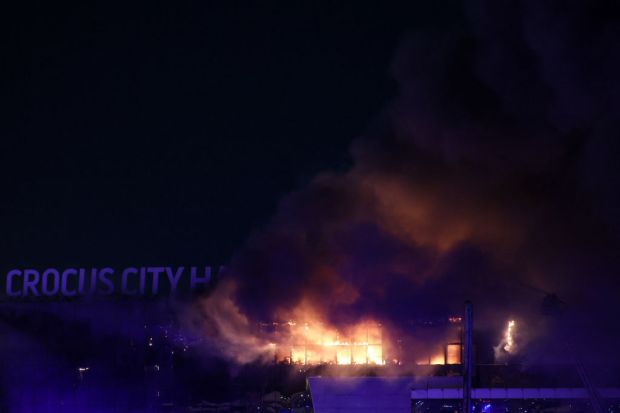
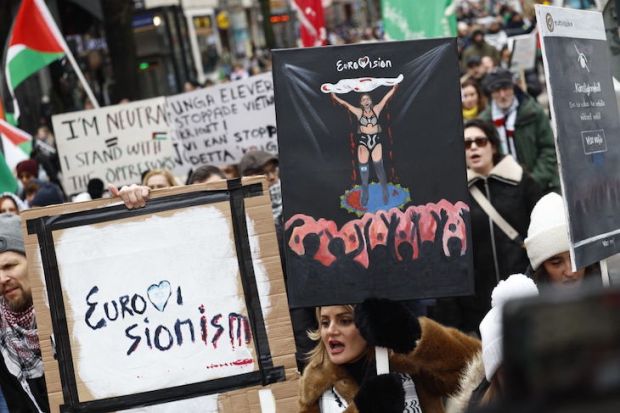
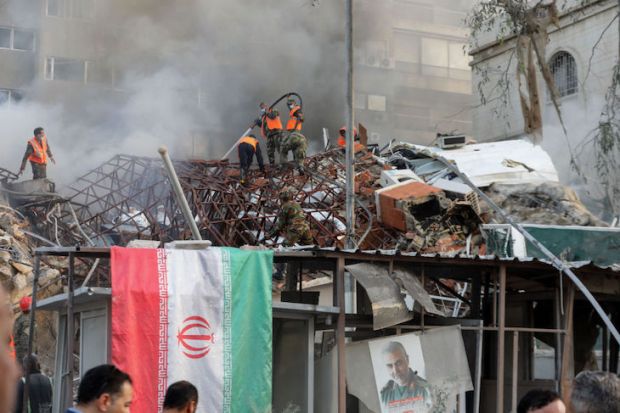

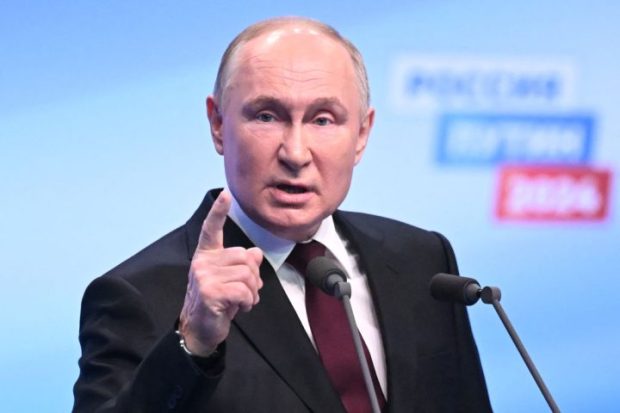












Comments
Don't miss out
Join the conversation with other Spectator Australia readers. Subscribe to leave a comment.
SUBSCRIBEAlready a subscriber? Log in